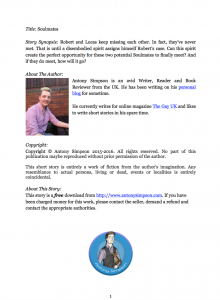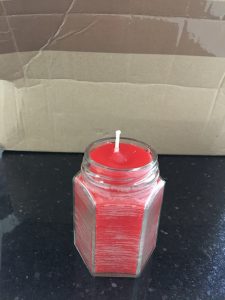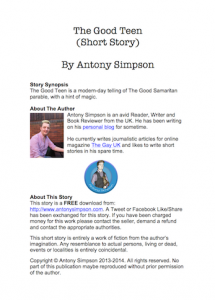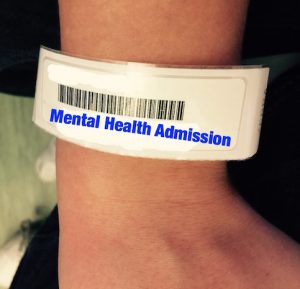Life is about growth through learning and experience. So here’s 1 lesson life has taught me for every year of my adult live:
Age 18 – The importance of good and lifelong friendships. What makes a good friend including care, kindness, a sense of humour and loyalty.
Age 19 – The importance of having joy in my life. Creating opportunities for joy, seeking it out and chasing it are all essential activities for me.
Age 20 – That I’m never going to please everyone. Not everyone will like me or get me. That doesn’t mean I should stop trying. If I can make somebody laugh with a funny story or a joke, I’m going to do it. The smile or laughter is always worth it for me.
I just accept that not everyone is going to be pleased with what I do or don’t do. As long as I am happy with my intentions, actions and omissions, that’s good enough for me.
Age 21 – A diagnosis of a chronic illness (in my case type 1 diabetes) starts with grief. I mourned the loss of my working pancreas and cursed my faulty immune system.

Age 22 – Independence is extremely important to me. Getting my driving licence and being smothered in a relationship both helped me to realise this.
Age 23 – In the outside world many people are far to happy to psychologically tear strips off you. So inside your home should feel safe, full of compassion and be filled with a feeling of care. How I felt at home when I was younger and buying my own apartment helped me to realise this.
Age 24 – Sometimes I just have to do certain things, otherwise I’d always wonder What if?
Heartbreak sometimes heals with the passage of time. A lot of time. More than days, weeks or months. Years. Sometimes even longer than that.
Sometimes the heart doesn’t heal at all, it just scabs over like a scraped knee. Ready for you to pick at it or for something to come along and reopen the wound.
Age 25 – Not everyone gets to live a full and long life. This feels unfair. Life is precious.
The shock of an unexpected death is a thousand times worse than the grief of the loss. It is spiritually, mentally and emotionally exhausting. The disbelief that comes from the shock can last years and make it impossible to grief.
Age 26 – There’s something magic about new babies and they smell totally awesome.
Age 27 – The past is a nice place to visit, the future is a nice place to imagine, but you shouldn’t live in either of them. Live in the present.
Age 28 – The extreme highs and lows of mood I’ve had since my teenage years are not normal. Most people have a pretty stable mood.
Mood stabiliser and antidepressant medications saved more than just my mind, they saved my life.
Age 29 – Travel broadens my mind, fills my heart with goodness and strengthens my soul. If you have the opportunity to travel do. I learned this through visiting India, which has a special place in my heart.
Age 30 – Creativity enriches every aspect of myself. Stories (written, films, etc.) ignite my imagination and develop my empathy. Art and sculptures help me appreciate the beauty that the creators saw in the world around them or in their mind. Music helps me to feel and gives me the opportunity to dance.
To create something, whatever it is, is a learning process. Sometimes creative projects go well, other times not. But I always learn things from them. The process of creating something makes me feel alive and all lit up – even if it’s just a blog post like this one.
To share something I’ve created with the world makes me super-anxious. But when somebody tells me that my creative project has had some sort emotional resonance with them it becomes a privilege.
Age 31 – When you do something you love for a job, it doesn’t feel like work. It feels like a vocation and a passion.
Write soon,
Antony









